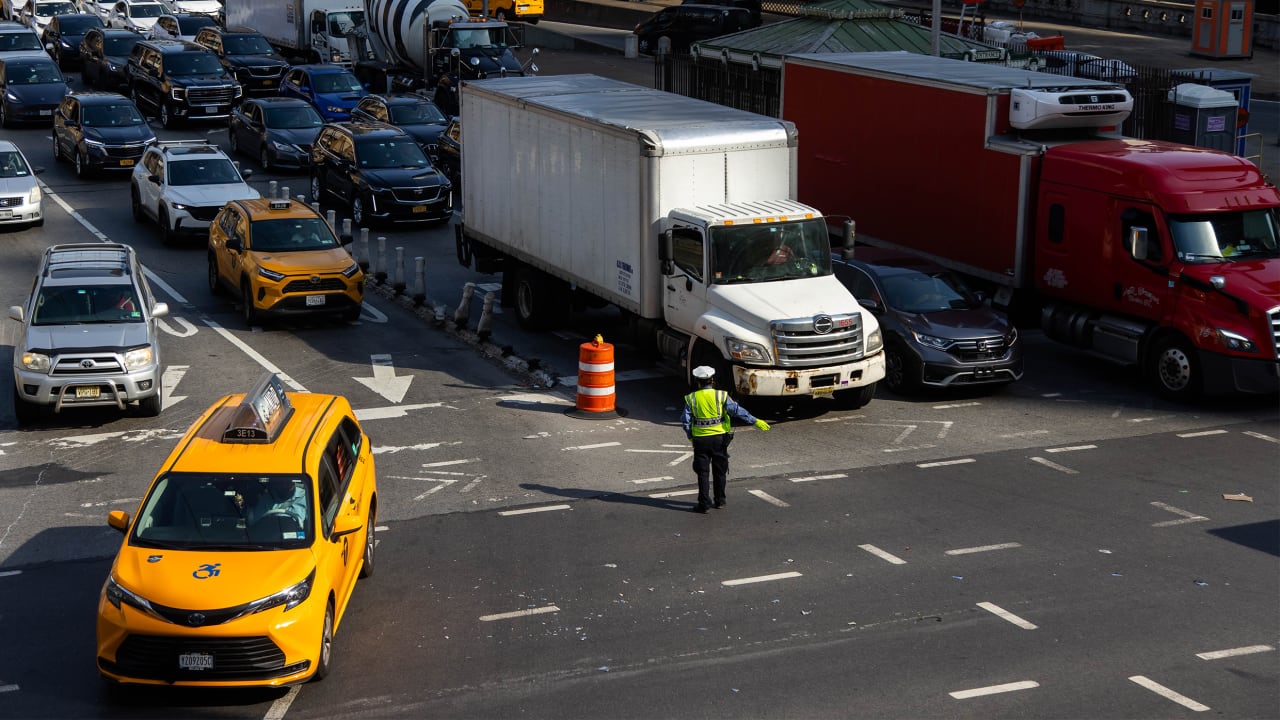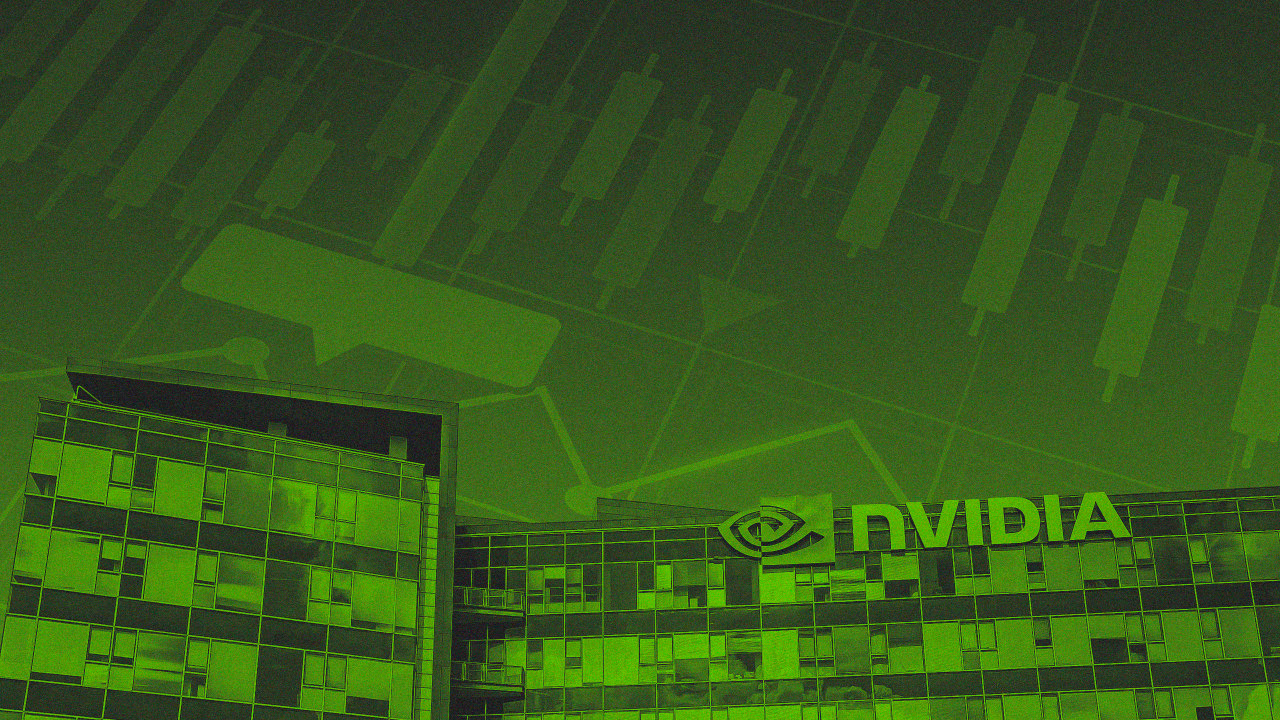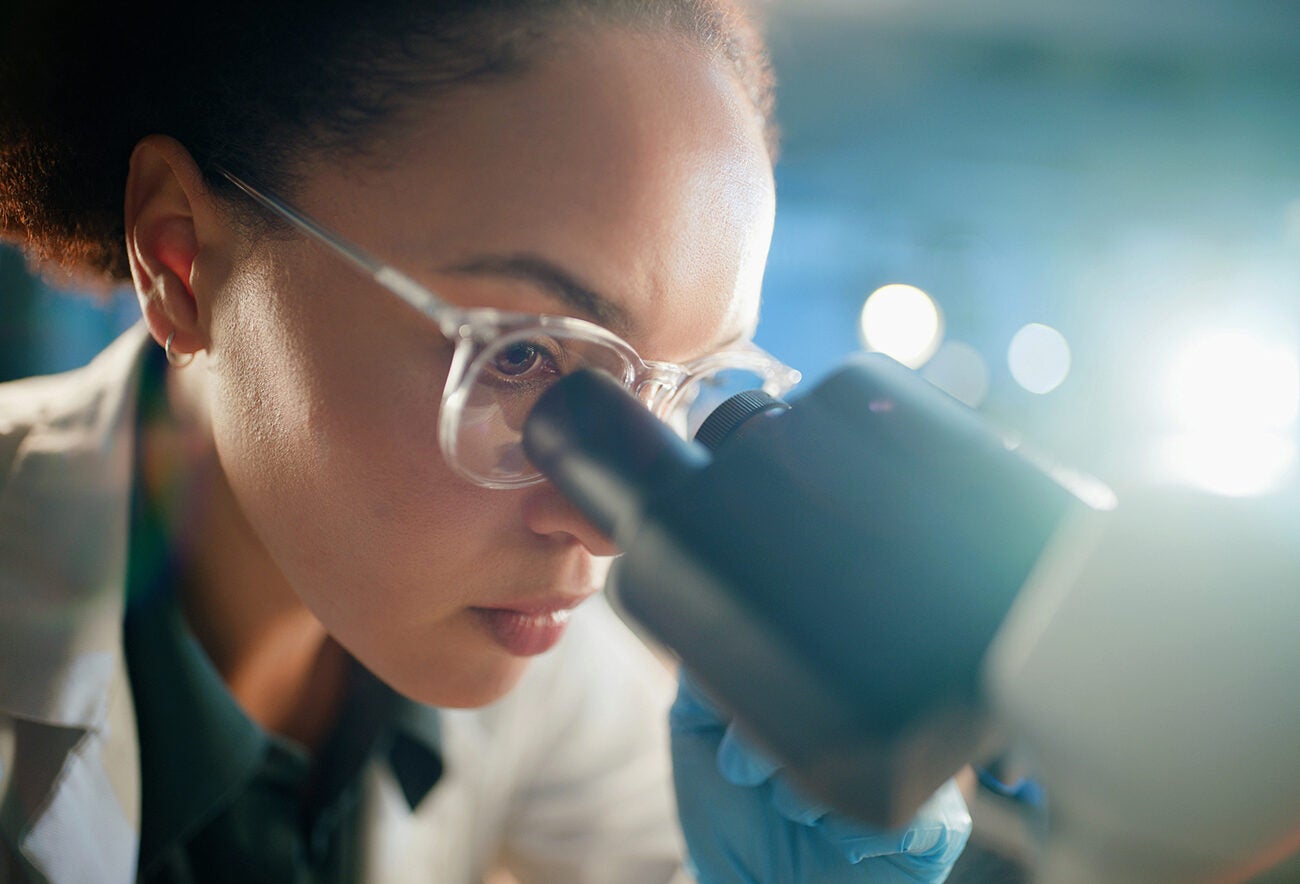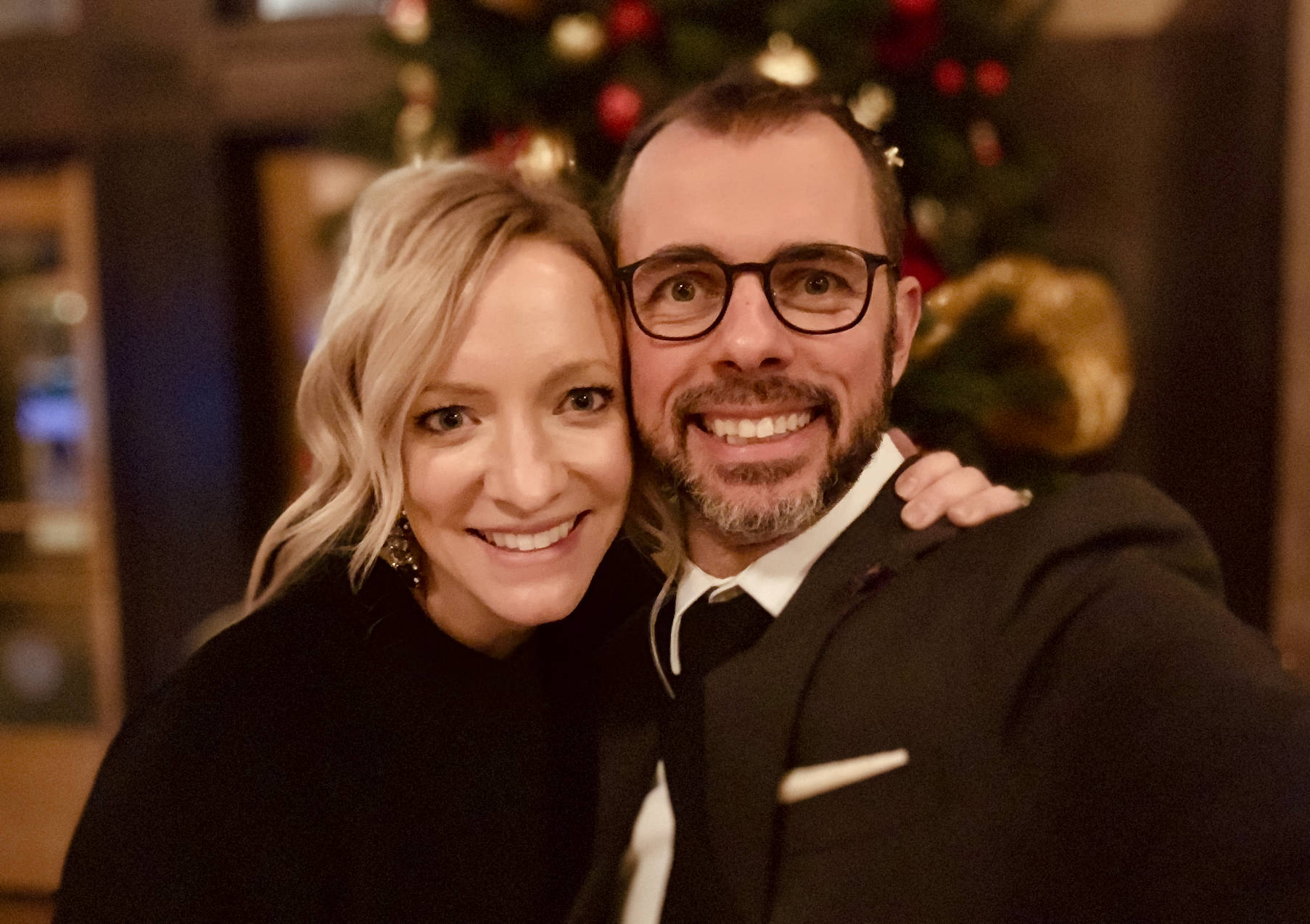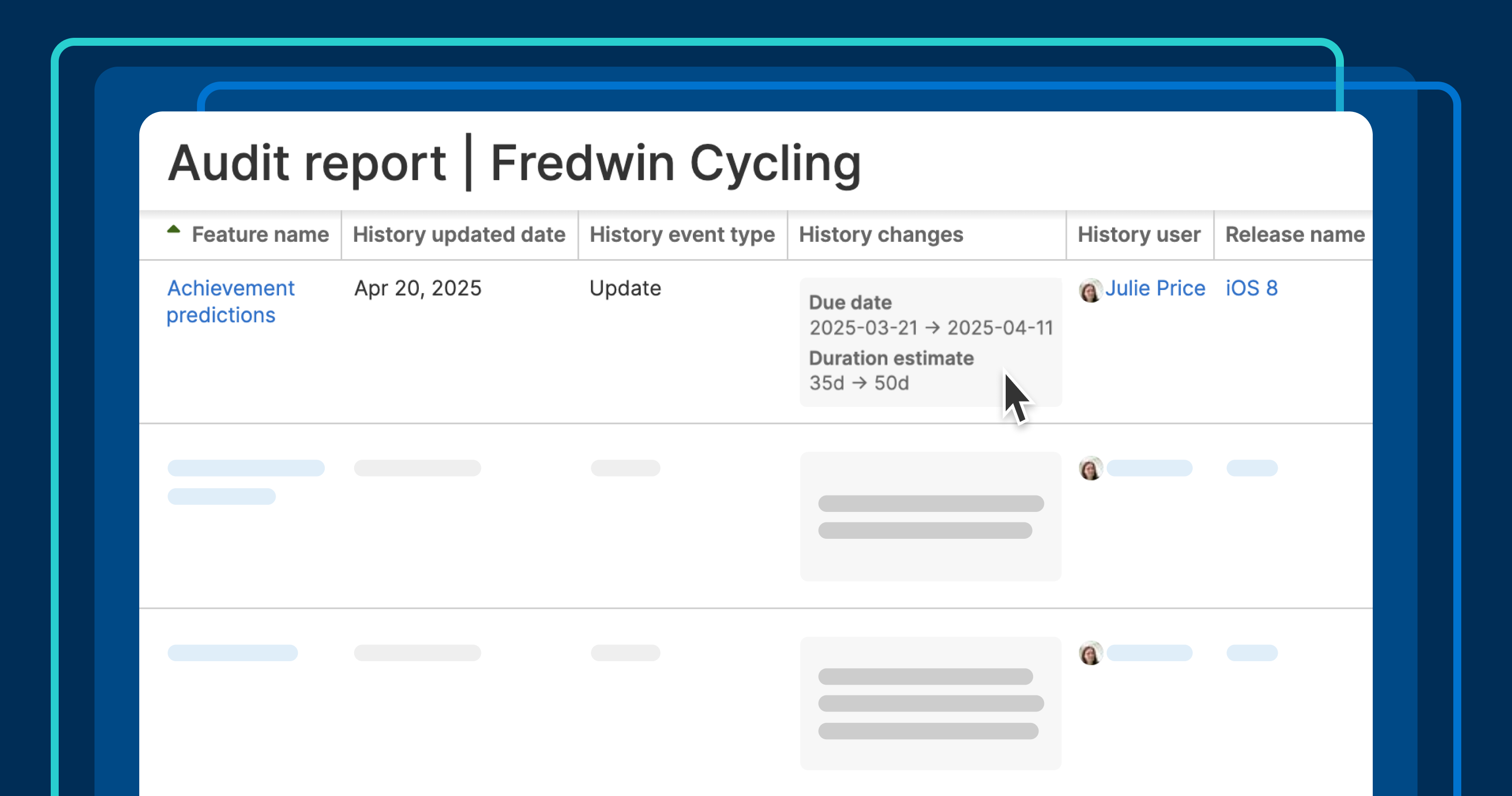From Survival to Empowerment: Reclaiming Life After Stroke
Discover how to turn survival into strength in your stroke rehabilitation journey with practical tips and emotional insights for reclaiming life.
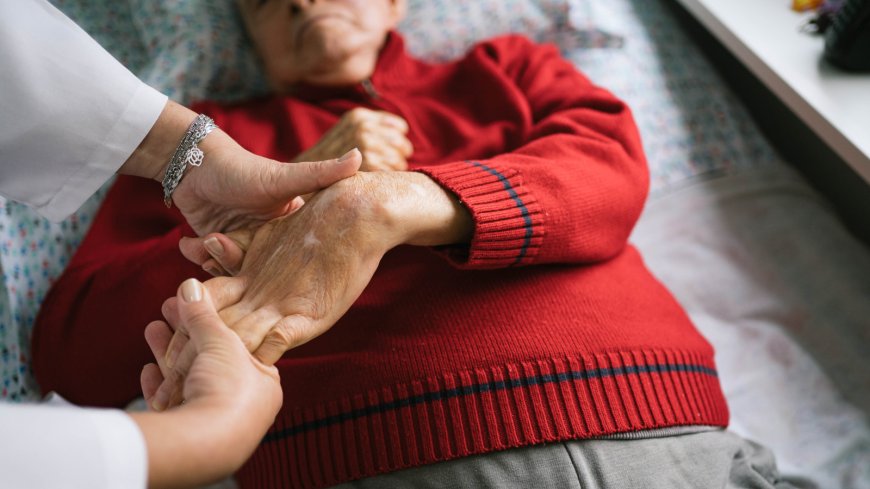
When a stroke strikes, it can feel like your world has flipped upside down. One moment you're living life as usual, and the next, you’re facing one of the biggest challenges you’ve ever encountered. But here’s the truth—recovery is possible. Not only survival, but real, empowering recovery.
In this article, we’re going to walk you through the stroke rehabilitation journey in a way that’s easy to understand, encouraging, and practical. Think of it like rebuilding a house. The storm may have hit, but with the right tools and mindset, that home can be strong again—even better than before.
Introduction to Stroke and Its Impact
A stroke happens when blood flow to part of the brain is interrupted or reduced. This cuts off oxygen and nutrients, damaging brain cells. Depending on the type of stroke and where it occurs, the effects can be mild or life-altering. Some people may have trouble walking or talking, while others might struggle with memory, emotions, or even swallowing.
But here’s the thing—having a stroke is not the end of the road. It’s the start of a new journey—a stroke rehabilitation journey—that can lead to an empowered, meaningful life.
The First Days: Surviving the Shock
Those first hours and days after a stroke are often the most confusing and frightening. Hospitals, tests, unfamiliar words. You may feel like you’ve lost control. That’s normal. But even during this storm, there are rays of hope.
Medical teams act fast, focusing on stabilizing you and minimizing damage. Meanwhile, your mind may be racing with questions: Will I walk again? Talk again? Work? While you might not have answers right away, know that these feelings are valid and shared by many others.
Understanding Stroke Rehabilitation
Think of rehabilitation as a bridge—from where you are now to where you want to be. It’s not a one-size-fits-all plan. Your stroke rehabilitation journey is unique, shaped by your body, your stroke, and your goals.
Rehabilitation focuses on restoring lost abilities or finding new ways to adapt. This might mean learning to dress yourself again, improving speech, or even retraining your brain to remember important tasks.
Building Your Recovery Team
You’re not alone on this road. One of the most powerful tools in recovery is your rehab team. This may include:
-
Doctors and neurologists
-
Physical therapists
-
Occupational therapists
-
Speech-language pathologists
-
Psychologists or counselors
-
Social workers
These professionals work with you—and your loved ones—to create a personalized plan that supports your physical, emotional, and mental recovery.
Setting Realistic Recovery Goals
You wouldn't climb a mountain in one giant leap—you’d take it step by step. The same applies here. Goal setting is key to stroke rehabilitation.
Start small and be specific:
“I want to hold a fork again.”
“I want to say my children’s names.”
Celebrating these milestones builds momentum. With each step forward, your confidence grows. Even when progress feels slow, you’re moving forward.
Physical Rehabilitation: Moving Again
Physical therapy helps your body relearn movements, improve strength, and regain balance. Early exercises might be as simple as lifting an arm or shifting weight from one foot to the other.
Your therapist will guide you with exercises that focus on:
-
Strength and coordination
-
Range of motion
-
Walking and balance
Imagine your body as a garden—therapy is the watering and sunlight it needs to bloom again.
Speech and Communication Recovery
If a stroke affects the part of the brain responsible for language, speech therapy becomes essential. This includes relearning to speak, understand language, read, and write.
Speech therapists use various tools—from naming pictures to repeating phrases—to help the brain reconnect those language wires.
Even if you can’t speak at first, don’t lose hope. Communication can always improve with time and effort.
Cognitive Rehabilitation and Memory Work
Stroke can make you feel foggy or forgetful. You might have trouble focusing, planning, or solving problems. That’s where cognitive rehabilitation comes in.
Therapists might use:
-
Brain games and puzzles
-
Memory aids like notebooks
-
Technology tools for organization
The goal? To sharpen your mind and help you feel more in control.
Emotional Healing After Stroke
It’s okay to grieve your old self. Many stroke survivors feel sadness, anger, or even depression. That’s not weakness—it’s human.
Talking to a counselor or joining a support group can help. You’re not alone, and opening up can lighten the load.
Remember: healing the heart is just as important as healing the body.
Nutrition and Lifestyle for Brain Health
Food fuels your recovery. A healthy, balanced diet rich in fruits, vegetables, whole grains, and lean proteins supports your brain and body.
Also important:
-
Drink water
-
Limit salt, sugar, and processed foods
-
Stay active (as much as your ability allows)
Small changes make a big difference. Think of it as building a stronger foundation to prevent future strokes.
Role of Family and Caregivers
Caregivers are the unsung heroes of this journey. Their patience, encouragement, and care can make all the difference.
For caregivers, remember:
-
Take breaks
-
Ask for help
-
Learn about stroke recovery
Supporting someone else means taking care of yourself too.
Overcoming Setbacks and Staying Motivated
Some days you’ll feel strong. Other days… not so much. That’s okay.
Setbacks are part of the journey. What matters is that you don’t give up. Keep a journal, track your wins (no matter how small), and revisit your goals often.
Motivation tip: Think of where you were yesterday. Then see how far you've already come.
Embracing Independence and Daily Living
One major goal of stroke recovery is regaining independence—whether that means dressing yourself, preparing meals, or going out with friends.
Occupational therapy focuses on daily tasks and how to adapt. Tools like grab bars, specialized utensils, or voice-to-text apps can make life smoother.
Regaining independence isn't just practical—it boosts self-esteem and joy.
Long-Term Strategies and Preventing Another Stroke
Recovery doesn’t stop after the first few months. In fact, long-term strategies are key to staying strong and preventing another stroke.
This includes:
-
Managing blood pressure
-
Quitting smoking
-
Exercising regularly
-
Staying on prescribed medications
Think of it like maintaining a car—you’ve repaired it, now keep it running well.
Real Stories of Hope and Empowerment
Real survivors show us what’s possible.
Like Linda, who relearned to walk and dance at her granddaughter’s wedding. Or Marcus, who now volunteers to support others through their own recovery.
These stories remind us: the stroke may be part of your story, but it doesn’t define your future.
Conclusion
Recovery after stroke is not about going back to who you were. It’s about becoming someone even stronger.
From survival to empowerment, your stroke rehabilitation journey is filled with courage, resilience, and hope. Yes, the path is tough. But every step—every win—is worth it.
FAQs
1. How long does stroke rehabilitation usually take?
Rehabilitation can last weeks, months, or even years depending on the stroke’s severity. Progress varies by person, but early and consistent therapy helps greatly.
2. Can a stroke survivor live independently again?
Yes, many stroke survivors regain independence through physical and occupational therapy, home modifications, and support systems.
3. Is full recovery from stroke possible?
Some people fully recover, while others may have lasting effects. But improvement is always possible, and many adapt to live full, meaningful lives.
4. What role do caregivers play in stroke rehabilitation?
Caregivers provide emotional, physical, and practical support. Their involvement greatly influences the survivor’s progress and well-being.
5. What’s the best way to stay motivated during stroke recovery?
Set small, achievable goals, track progress, celebrate wins, and surround yourself with support. Stay patient and kind to yourself.









